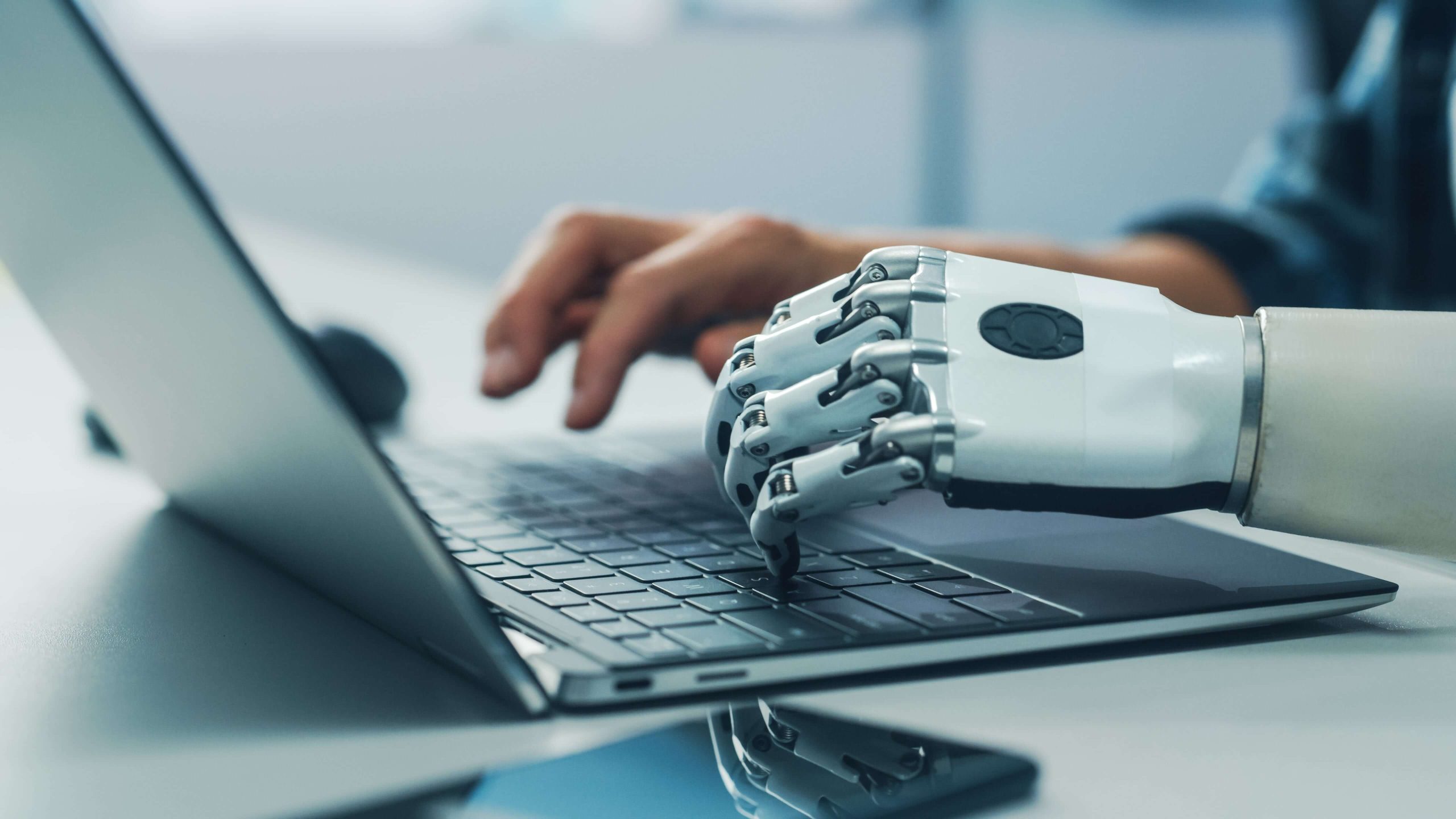Advertisement
As Artificial Intelligence (AI) continues to advance and permeate various industries, concerns have increased about its potential negative impact on employment and job security.
But will AI technology necessarily replace humans, rendering them redundant immediately in the workforce? Or is this technology not yet that advanced?
Here, we unravel how long the automation process is likely to take and explore how South Africans can best prepare for this eventuality.
A history of a machine takeover
The fear of job displacement due to AI is not unfounded. Automation has historically led to shifts in employment patterns, rendering some jobs obsolete. However, it is essential to consider the broader picture when analysing the impact of AI on employment.
In particular, it’s important to consider how machines have taken over in recent years and that while it’s taken some jobs away, people have learned to adapt as they have learned to embrace technology and conduct business and transactions digitally.
‘AI is not doing anything that ATMs, cellphones, and streaming services haven’t done before when it comes to job risk. There are fewer bank tellers today than there were in the 80s, switchboard operation is a thing of the past and moody teenagers have found other weekend jobs because video stores don’t exist anymore. The working world is evolving and we will evolve with it – just like we always have done,’ points out Stef Adonis, head of communications at Helm.
Which jobs will be taken over by AI?
While we’ve learned to adapt to tech advances, it’s essential that those in the industries most affected prepare themselves for AI taking over. It will be a gradual process but it will happen within our lifetimes.
Advertisement
According to analysis by PwC, which studied of over 200,000 existing jobs across 29 countries, the automation brought about by AI will come in three waves. The first wave (in the early 2020s) will see only 3% of jobs being displaced. However, by the mid-2030s – during the third wave – PwC says that up to 30% of jobs could be automatable with more men being affected as autonomous vehicles and other machines replace many manual tasks. Women, meanwhile, are more likely to lose jobs in the first and second wave (late 2020s) as more of them are represented in clerical and admin roles.
‘When considering the specific jobs that are most affected, routine and repetitive tasks are the ones most susceptible to automation. These typically include jobs in manufacturing, administrative tasks, data entry, and customer service. However, it’s important to note that AI also presents opportunities for collaboration between humans and machines, where certain tasks can be delegated to AI while humans focus on higher-value activities that require creativity, critical thinking, and emotional intelligence,’ says Alan Levy, CEO of NewsGPT.
Be proactive
To prevent becoming a victim of the “AI takeover”, it’s important to be proactive. Levy advises: ‘This involves investing in education and training programmes that equip individuals with skills that are difficult to automate, such as problem-solving, strategic thinking, and interpersonal communication. By fostering a culture of lifelong learning and adaptability, South Africans can position themselves to take advantage of the opportunities that AI-driven technologies bring.’
Levy adds: ‘Additionally, it is essential to explore sectors where AI can enhance productivity and create new employment opportunities. For instance, AI can be applied in healthcare, agriculture, renewable energy and smart city initiatives, among others. By embracing AI and leveraging its potential, South Africa can drive economic growth and job creation in these emerging sectors.
The benefits of AI
While AI can make some of the most basic jobs obsolete there’s more to look forward to than to actually be concerned about. The analysis by PwC also highlighted that AI, robotics, and other forms of smart authentication has the potential to bring great economic benefits and contribute as much as $15 trillion to global GDP by 2030. It appears that those who embrace it rather than those who fear it will see the benefits the most.



